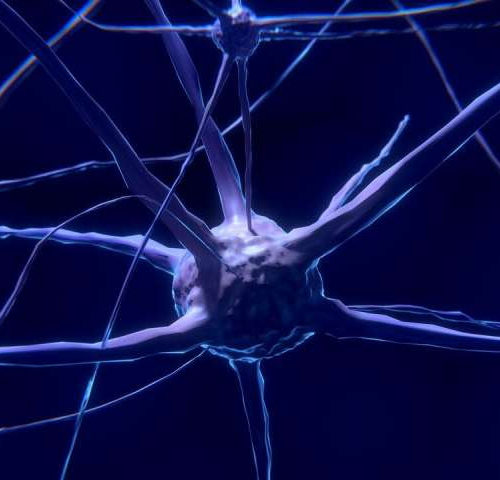The novel STAR assay can rapidly determine telomere dysregulation in cancers and age-related diseases in clinical settings A MAGNIFIED IMAGE CAPTURED BY THE DEVICE USED TO PERFORM STAR ASSAY. DIFFERENT FLUORESCENT INTENSITIES REFLECT THE LENGTH VARIATIONS IN INDIVIDUAL TELOMERE MOLECULES. view more CREDIT: NATIONAL UNIVERSITY OF SINGAPORE The plastic tips attached to the ends of...
Tag: <span>paediatric</span>
Medicinal cannabis may reduce behavioral problems in kids with intellectual disabilities
MURDOCH CHILDRENS RESEARCH INSTITUTE CANNABIDIOL, A TYPE OF MEDICINAL CANNABIS, MAY REDUCE SEVERE BEHAVIOURAL PROBLEMS IN CHILDREN AND ADOLESCENTS WITH AN INTELLECTUAL DISABILITY A NEW STUDY HAS FOUND. view more CREDIT: TATEVOSIAN YANA Cannabidiol, a type of medicinal cannabis, may reduce severe behavioural problems in children and adolescents with an intellectual disability a new study...
Brain disease treatment shows promising signs
by Michael Addelman, University of Manchester Early results for a potentially revolutionary brain disease therapy given under compassionate use to a two-year-old has shown promise, a University of Manchester scientist will tell an international conference on Wednesday (13 May). Professor Brian Bigger will tell the American Society of Gene & Cell Therapy that the safety...
A diagnostic tool to save lives and prevent brain damage
A new study confirms the efficacy of a new diagnostic tool that utilizes ultrasound to measure intracranial pressure following accidents. The technology will now be provided with artificial intelligence so that ambulance personnel can carry out examinations at accident scenes. Image: By examining the patient’s eye with ultrasound, doctors can reveal high brain pressure. In...
New light shed on mechanisms of paediatric epilepsy
Research by Cardiff University has uncovered the brain activity that underlies absence epilepsy, offering new hope for the development of innovative therapies for this disabling disease. Generalized 3 Hz spike and wave discharges in a child with childhood absence epilepsy. Credit: Wikipedia. Absence epilepsy—the most common form of epilepsy in children and teenagers—causes episodes of lack of...



